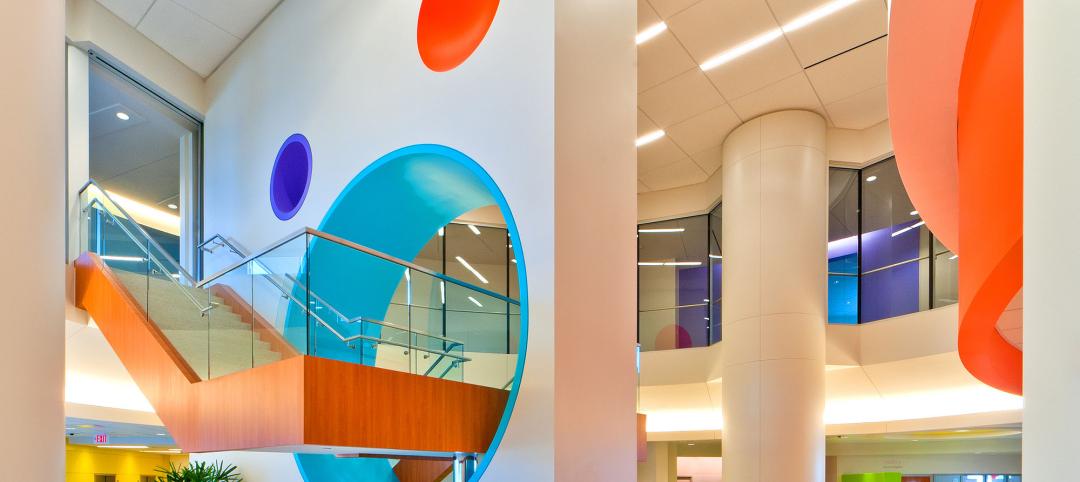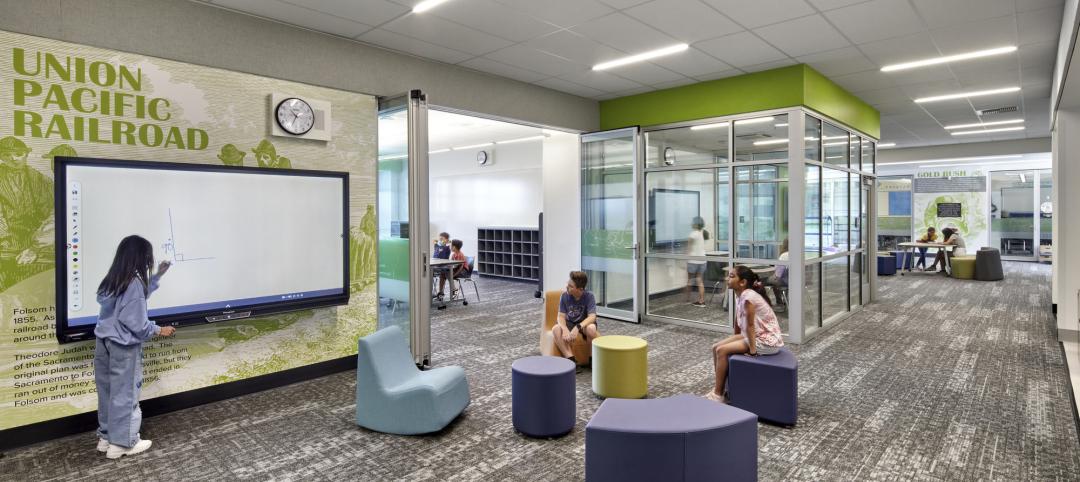ATLANTA – ASHRAE and the Indoor Air Quality Association (IAQA) have agreed in principle to join forces, combining resources to improve indoor air quality in the built environment.
Pending a three to six month period of due diligence, IAQA will become a part of the ASHRAE organization while maintaining its own brand and Board of Directors. IAQA will operate independently within ASHRAE’s organizational structure. Plans call for IAQA headquarters to relocate from Rockville, Md., to Atlanta, Ga., home of ASHRAE’s international headquarters. The agreement was reached between the leadership of both associations and confirmed at ASHRAE’s 2014 Annual Conference that concluded earlier this month in Seattle, Wash.
“This merger is beneficial to both ASHRAE and IAQA in that it strengthens the programs and services of both organizations,” Tom Phoenix, ASHRAE president, said. “The work of IAQA complements the work of ASHRAE in its standards, research, publications and educational offerings. We now combine our resources to ensure the industry receives the best indoor air quality technical guidance and educational programs possible, which means improved indoor air quality for the world around us.”
Among ASHRAE’s major indoor air quality offerings are Standard 62.1, Ventilation for Acceptable Indoor Air Quality, and Standard 62.2, Ventilation and Acceptable Indoor Air Quality in Low-Rise Residential Buildings, and publications such as the Indoor Air Quality Guide: Best Practices for Design, Construction and Commissioning. ASHRAE also recently announced the formation of the Indoor Environmental Quality Global Alliance, which included IAQA as a charter member. ASHRAE also has a strong research program related to indoor air quality with 10 current projects totaling $2.8 million, representing 23 percent of ASHRAE’s research budget.
“This merger allows IAQA to maintain its own brand while also providing its members with enhanced benefits and services,” Kent Rawhouser, president of IAQA, said. “Our strong history of programs and products is expected to not only continue, but to grow as the merger allows us to take advantage of the resources and programs overseen by ASHRAE. Members of IAQA and ASHRAE will work collaboratively to strengthen indoor air quality programs for the industry, and most importantly, for the people who occupy homes and buildings around the world.”
IAQA provides continuing education, conferences and expositions, certification programs, monthly webinars, technical publications and funds indoor air quality related research. IAQA subsidiary, Indoor Environmental Standards Organization (IESO), is an American National Standards Institute (ANSI) accredited standards developing organization focused on indoor air quality assessment, remediation and management of indoor environments.
ASHRAE and IAQA programs will be aligned to create high-impact resources for building professionals around the globe.
“Indoor air quality is vitally important to the health and welfare of people worldwide,” Phoenix said. “Air quality systems must work harmoniously with other systems in homes and buildings to ensure a healthy and sustainable built environment.”
The Indoor Air Quality Association (IAQA) is a nonprofit organization dedicated to bringing practitioners together to prevent and solve indoor environmental problems for the benefit of customers and the public. IAQA was established in 1995 and is the nation’s largest indoor air quality trade association with over 2,600 members and more than 20 local chapters across the United States and Canada. More information is available atwww.iaqa.org/news and at www.ieso.org.
ASHRAE, founded in 1894, is a global society advancing human well-being through sustainable technology for the built environment. The Society and its more than 50,000 members worldwide focus on building systems, energy efficiency, indoor air quality, refrigeration and sustainability. Through research, standards writing, publishing, certification and continuing education, ASHRAE shapes tomorrow’s built environment today. More information can be found at www.ashrae.org/news.
Related Stories
MFPRO+ Special Reports | May 6, 2024
Top 10 trends in affordable housing
Among affordable housing developers today, there’s one commonality tying projects together: uncertainty. AEC firms share their latest insights and philosophies on the future of affordable housing in BD+C's 2023 Multifamily Annual Report.
Retail Centers | May 3, 2024
Outside Las Vegas, two unused office buildings will be turned into an open-air retail development
In Henderson, Nev., a city roughly 15 miles southeast of Las Vegas, 100,000 sf of unused office space will be turned into an open-air retail development called The Cliff. The $30 million adaptive reuse development will convert the site’s two office buildings into a destination for retail stores, chef-driven restaurants, and community entertainment.
Codes and Standards | May 3, 2024
New York City considering bill to prevent building collapses
The New York City Council is considering a proposed law with the goal of preventing building collapses. The Billingsley Structural Integrity Act is a response to the collapse of 1915 Billingsley Terrace in the Bronx last December.
Architects | May 2, 2024
Emerging considerations in inclusive design
Design elements that consider a diverse population of users make lives better. When it comes to wayfinding, some factors will remain consistent—including accessibility and legibility.
K-12 Schools | Apr 30, 2024
Fully electric Oregon elementary school aims for resilience with microgrid design
The River Grove Elementary School in Oregon was designed for net-zero carbon and resiliency to seismic events, storms, and wildfire. The roughly 82,000-sf school in a Portland suburb will feature a microgrid—a small-scale power grid that operates independently from the area’s electric grid.
AEC Tech | Apr 30, 2024
Lack of organizational readiness is biggest hurdle to artificial intelligence adoption
Managers of companies in the industrial sector, including construction, have bought the hype of artificial intelligence (AI) as a transformative technology, but their organizations are not ready to realize its promise, according to research from IFS, a global cloud enterprise software company. An IFS survey of 1,700 senior decision-makers found that 84% of executives anticipate massive organizational benefits from AI.
Codes and Standards | Apr 30, 2024
Updated document details methods of testing fenestration for exterior walls
The Fenestration and Glazing Industry Alliance (FGIA) updated a document serving a recommended practice for determining test methodology for laboratory and field testing of exterior wall systems. The document pertains to products covered by an AAMA standard such as curtain walls, storefronts, window walls, and sloped glazing. AAMA 501-24, Methods of Test for Exterior Walls was last updated in 2015.
MFPRO+ News | Apr 29, 2024
World’s largest 3D printer could create entire neighborhoods
The University of Maine recently unveiled the world’s largest 3D printer said to be able to create entire neighborhoods. The machine is four times larger than a preceding model that was first tested in 2019. The older model was used to create a 600 sf single-family home made of recyclable wood fiber and bio-resin materials.
K-12 Schools | Apr 29, 2024
Tomorrow's classrooms: Designing schools for the digital age
In a world where technology’s rapid pace has reshaped how we live, work, and communicate, it should be no surprise that it’s also changing the PreK-12 education landscape.
Adaptive Reuse | Apr 29, 2024
6 characteristics of a successful adaptive reuse conversion
In the continuous battle against housing shortages and the surplus of vacant buildings, developers are turning their attention to the viability of adaptive reuse for their properties.

















